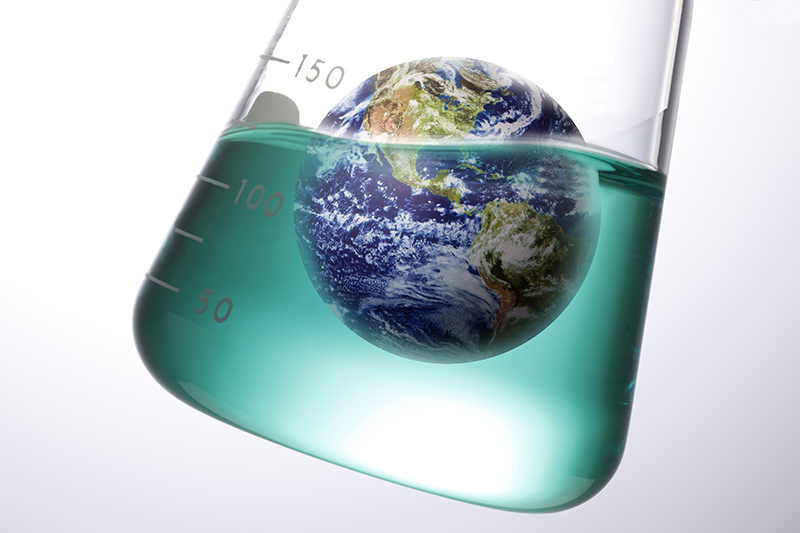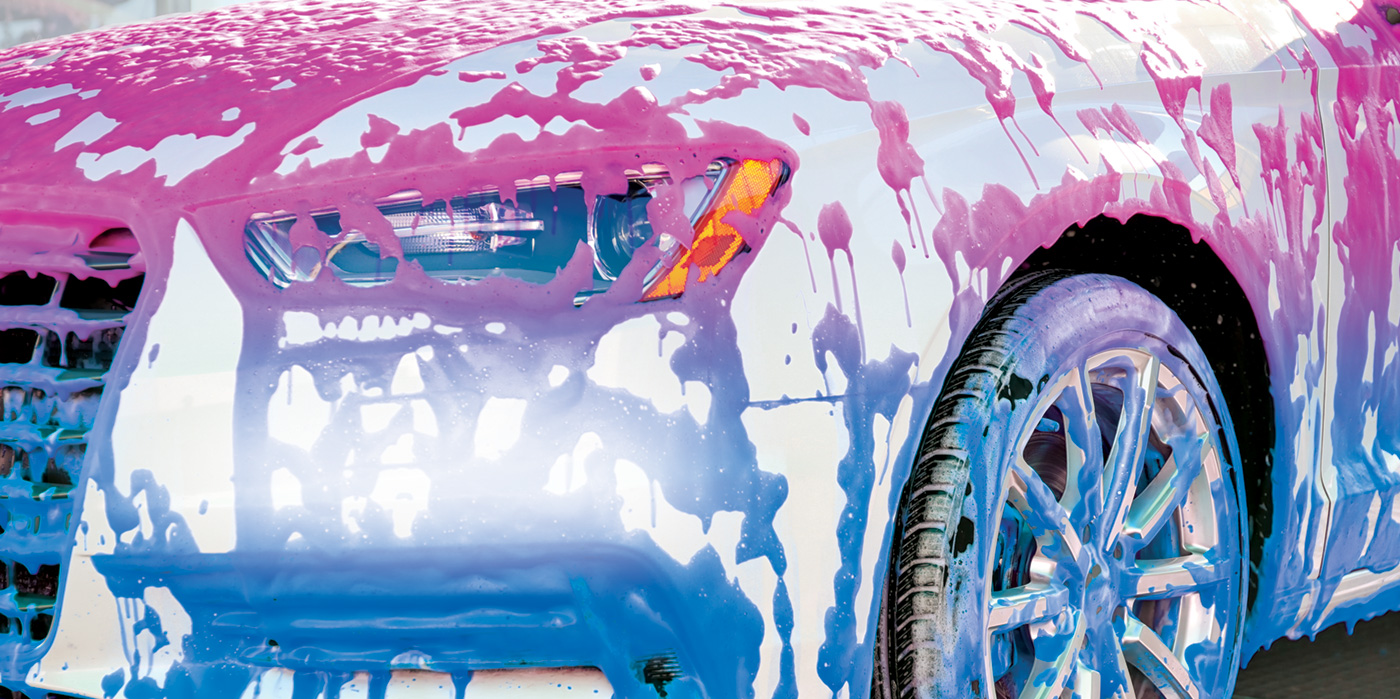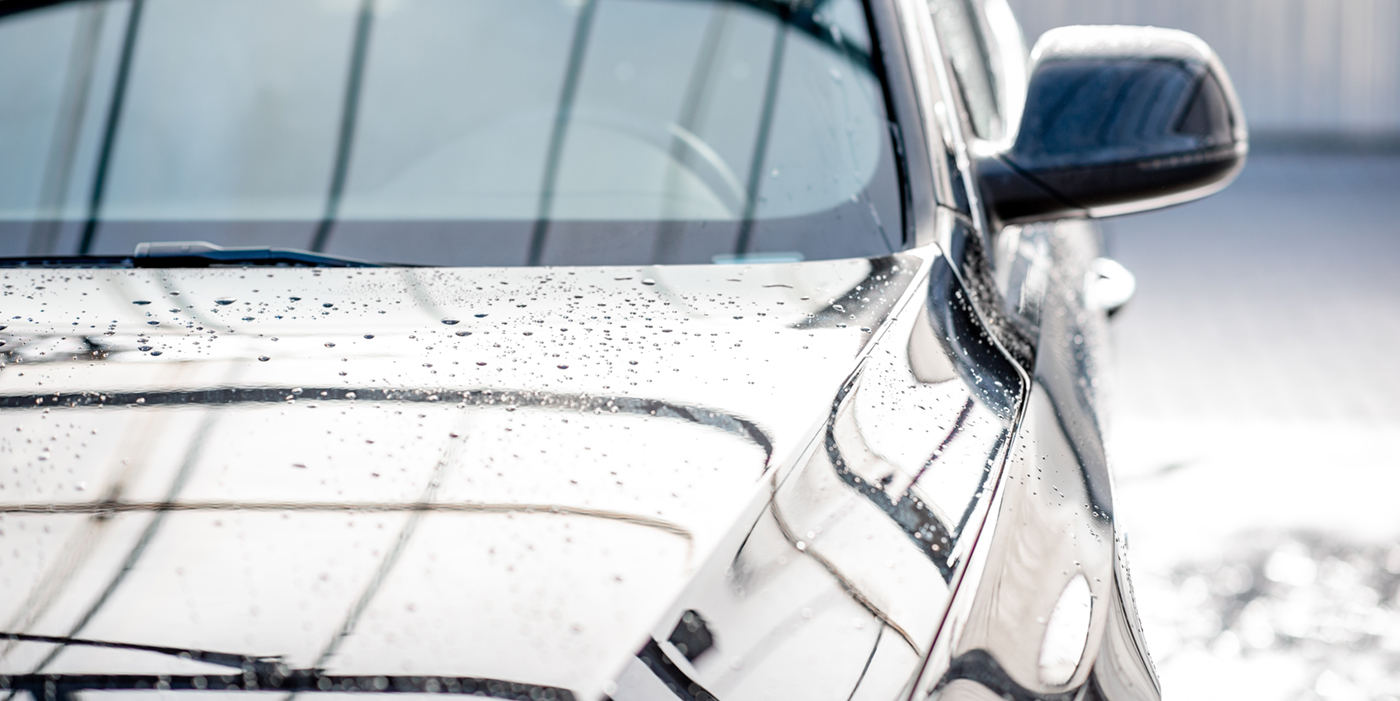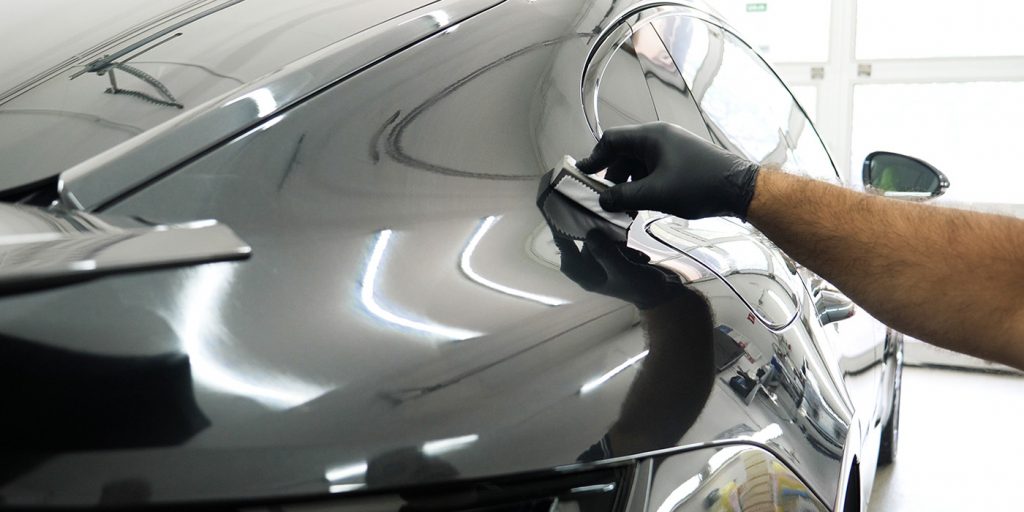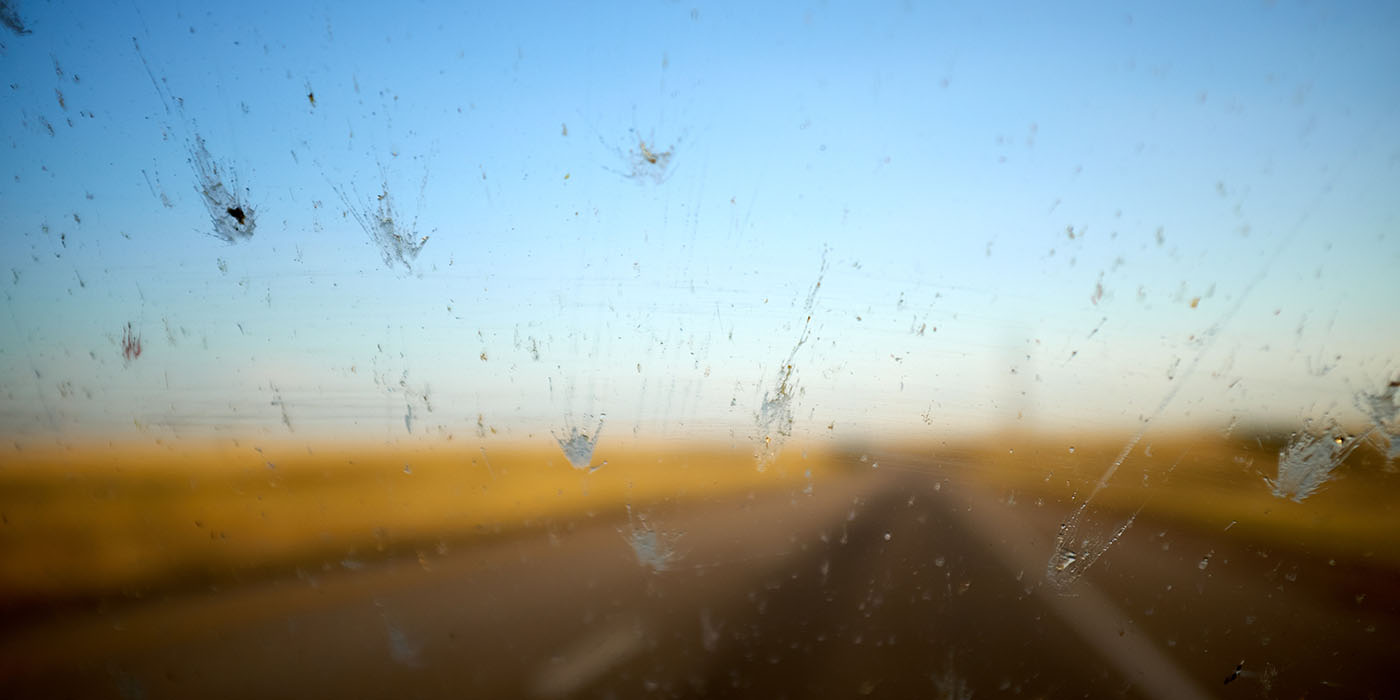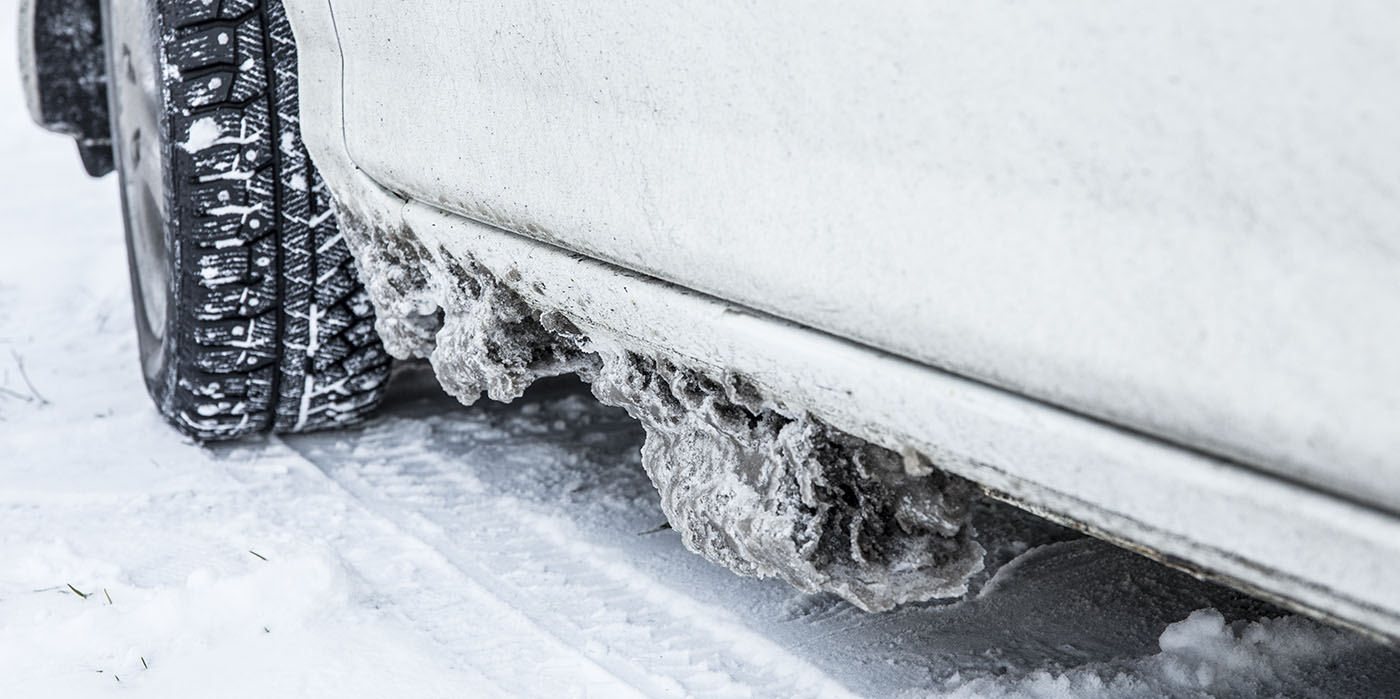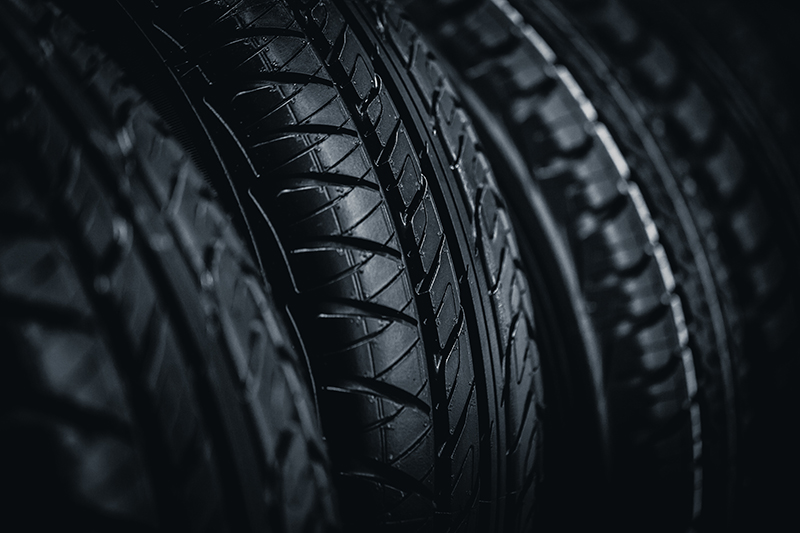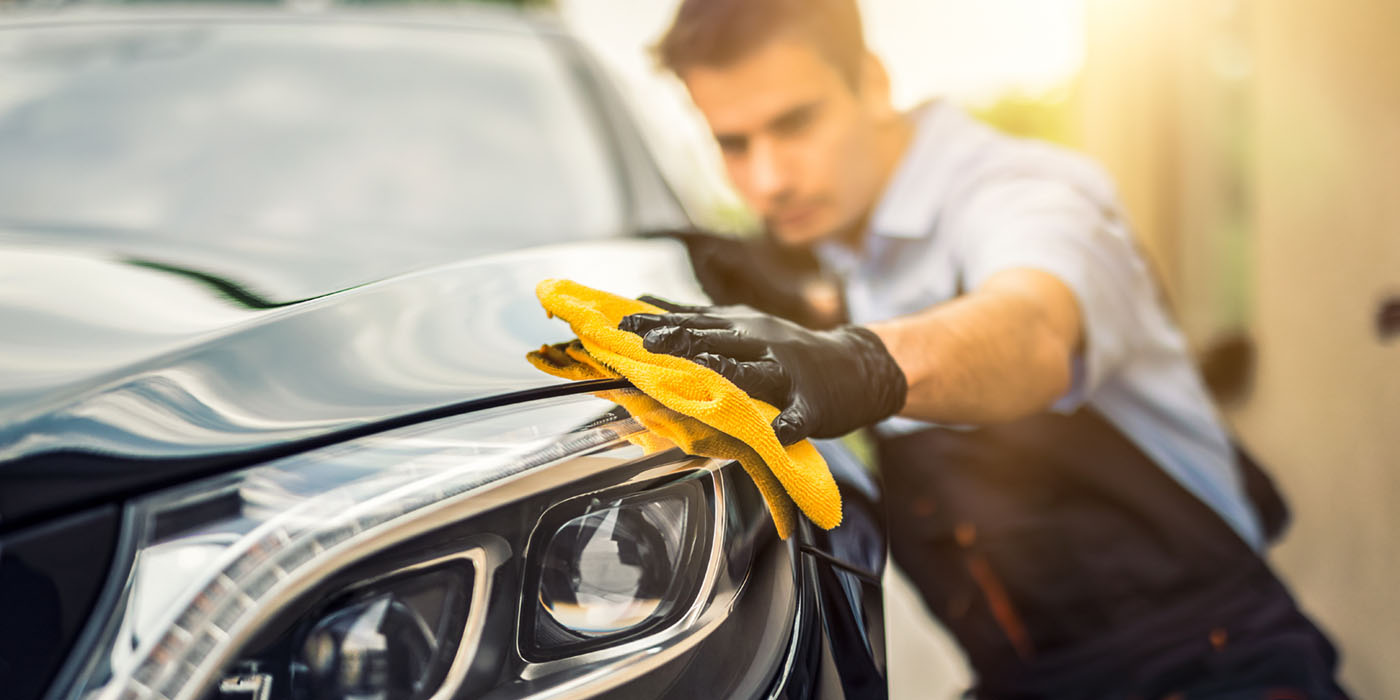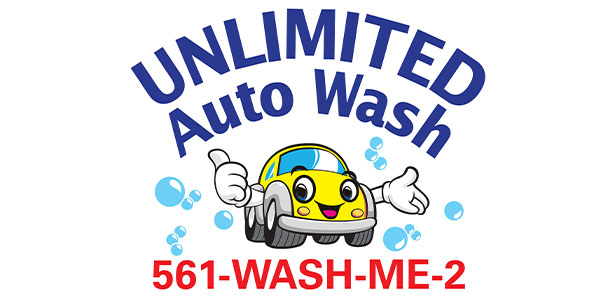In the not too distant past, the use of harmful chemicals, such as hydrofluoric acid (HF) and ammonium bi-fluoride (ABF) in professional carwashes was commonplace, and it’s no surprise why. “The unique properties of HF help dissolve rust, road dust and grime,” according to an article published by the Journal of Industrial and Engineering Chemistry. ABF, a corrosive chemical producing similar effects to HF, is often passed off as an “acid-free” ingredient in products but is just as hazardous as HF. Having studied the effects of HF on the environment and society, however, we now know that HF and ABF are very caustic and highly toxic.
According to the Centers for Disease Control and Prevention (CDC), symptoms of HF exposure include: irritation of the eyes, skin, nose and throat; eye and skin burns; rhinitis; bronchitis; pulmonary edema (fluid buildup in the lungs); and bone damage. If it is absorbed into the bloodstream, it reacts with blood calcium and can cause cardiac arrest.1 Exposure to ABF is similar to HF: severe burns if treatment is delayed, eye irritation, burns or blindness and throat irritation that may lead to difficulty breathing.
In 2012, the International Carwash Association (ICA) issued a hazard warning to owners and operators, supported by the CDC, stating the danger of using HF. “Less hazardous alternatives to HF-based wash products are available. … Efforts to identify less hazardous alternatives to HF-based industrial wash products are warranted,” noted the statement issued by the CDC.
There’s no doubt about it — professional carwashers want to meet the demands of their customers: to take a dirty car and make it shiny and clean. However, safer and healthier alternatives for both society and the environment can be taken to produce the same effects.
Improvements in the professional cleaning process, technological advances and the use of environmentally sound chemical alternatives are making their way into the professional carwashing industry. In fact, the Environmental Protection Agency (EPA) has developed a special initiative called the Design for the Environment Programs, which are designed to help evaluate human health and environmental attributes of chemicals in products, leading to the development of safer, alternative carwash chemicals.
Related: Environmental carwashing: past, present and future
Some chemical manufacturers have developed products meeting these strict requirements, and they are available on the market. More and more carwashes are aiming to be eco-friendly and minimize the use of hazardous substances, prevent pollution and reduce the consumption of non-renewable resources.
If your carwash has not already turned over a green leaf, here are four reasons why you may want to consider making the switch.
Cost benefits
“Offering a green line of chemicals at your carwash provides for huge marketing opportunities,” according to Steve Kelly, customer success specialist at Kleen-Rite Corp. Appealing to a younger generation is important to continuous improvement, market reach and building loyalty.
According to a recent Nielson global online study, millennials, aged 22 to 37, are the “green generation” who say that sustainability is a shopping priority.2 “They continue to be most willing to pay for extra sustainable offerings — almost three-out-of-four respondents in the latest findings, up from approximately half in 2014,” the report stated. This sentiment was also carried by Generation Z, those aged 15 to 20, “who are willing to pay more for products and services that come from companies who are committed to positive social and environmental impact … up from 55 percent in 2014 to 72 percent in 2015,” added the report.
The hidden costs of using dangerous chemicals may not be a risk factor operators consider. While the use of a corrosive chemical may be inexpensive upfront, it eats away at carwash components and concrete structures and requires owners to pay for OSHA-required safety gear and training as well as workers’ compensation for injuries. It all adds up.
Reducing strain on local resources
Most professional carwashes are aware of the upfront water savings they accomplish compared to driveway washing. According to a recent report by the ICA, professional carwashes use on average 45 gallons to wash a vehicle versus the 80 to 140 gallons consumed by washing at home.
Professional carwashes reduce water pollution in several ways, most notably by the collection of wastewater and the recycling of water using reclaim units. These two factors alone reduce the strain on local aquifers and prevent wastewater from entering local waterways — a process that driveway washing bypasses entirely.
Educating consumers about the benefits of professional washing is a measure taken seriously by the industry, most notably by programs and initiatives such as WaterSavers®, run by the ICA. Carwashes meeting the criteria set forth by this program are allowed to put up signage for consumer education — another marketing incentive.
Professional carwashes use water softeners, which are designed to reduce the hardness of water and increase the effectiveness of detergents, requiring less chemical to achieve a clean car. For every grain of hardness in the water, the effectiveness of detergent is reduced by six percent.3 “Softeners reduce the amount of chemicals that are used because you won’t need additional amounts to compensate for hard water,” Kelly explains.
Better health for employees and customers
The use of environmentally friendly chemicals reduces health issues to employees — most notably concerning eye, respiratory and skin burns. Aggressive chemistry, while effective in cleaning a car, can be dangerous to employees, the general public and the environment. Using safer components can reduce exposure.
Carwash chains and independents realize that their market base of families, who enjoy the weekend wash experience, are receptive to eco-friendly and safe chemicals messaging.
“Our industry is rushing to develop cost-effective and legitimate replacements for acids,” says Bob Kuczik of Wheel-eez, an eco-friendly manufacturer of coating products. “Read your Safety Data Sheet (SDS) information and labeling, because there is a misleading impression that [certain] alkalines are safe, and many times that is surprisingly not true.”
Steward to the environment
President Theodore Roosevelt, often coined the “conservationist president,” once said, “Here is your country. Cherish these natural wonders, cherish the natural resources, cherish the history and romance as a sacred heritage for your children and your children’s children. Do not let selfish men or greedy interests skin your country of its beauty, its riches or its romance.”
Your professional carwash can act as a beacon for for other retail establishments wishing for better chemical choices to follow. According to the EPA, the use of green chemicals benefits the environment in several ways, including:
-
- Many chemicals are released into the environment, whether intentionally, unintentionally or through disposal, but unlike other chemicals, green chemicals degrade to harmless byproducts or are recovered for further use.
-
- Plants and animals suffer less harm from being exposed to toxic chemicals in their natural environment.
-
- There’s a lower potential for global warming, ozone depletion and smog formation.
-
- There is less chemical disruption in our ecosystems.
- We make less use of landfills, especially hazardous waste landfills.
If your professional carwash is ready to take the next earth-friendly step, consider using eco-friendly chemicals. Not only will the children of today thank you, but they may even remember your efforts and become future customers.
Kristen Corbisiero is a freelance writer, project manager, social media manager as well as former managing editor for Professional Carwashing & Detailing magazine. Kristen lives in Niskayuna, New York, with her family. She can be reached at [email protected] or (518) 635-0375.
Sources:
1https://web.archive.org/web/20090325112238/http://www51.honeywell.com/sm/hfacid/common/documents/HF_medical_book.pdf
2www.nielsen.com/us/en/insights/news/2015/green-generation-millennials-say-sustainability-is-a-shopping-priority.html
3Simoniz, “The Book,” 4th ed.

